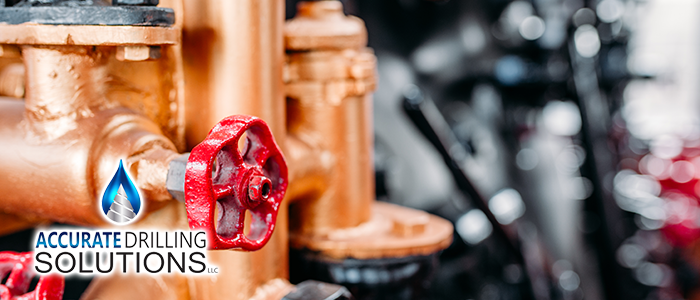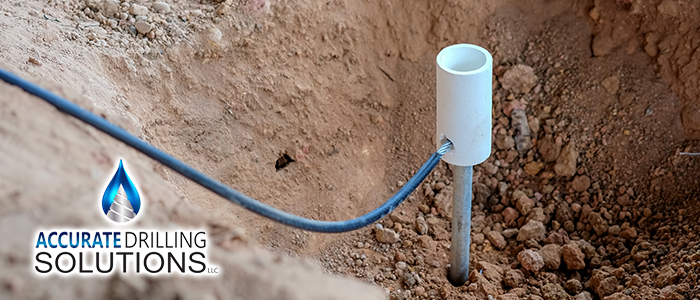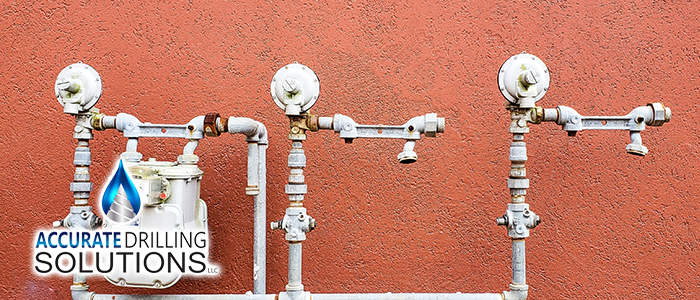
When you have a well with a great pump, it can seem like lawn care is the least of your worries. It feels like you have an unlimited supply of water and you aren’t paying for it! But there are some considerations that well owners with lawns will want to take into account.
Be Careful with Fertilizer
If you’re going to use fertilizers and pesticides in your lawn care, make sure you store and use them as far away from the well as possible. If you mix or spray uphill from the water source, there is a risk that harmful chemicals will run into the water supply. You obviously don’t want chemicals in the well, but you don’t want them running through to ground water either.
Hopefully your well is far away from any grass that needs to be fertilized. But if it’s close, you definitely don’t want to risk contaminating the water supply with fertilizer. It’s better to risk brown grass than a toxic well.
Prevent Iron from Ruining Walls and Walkways
Remember, well water can bring iron onto anything your sprinklers are spraying. In fact, this might be a good thing for your lawn, because iron is known to knock out moss and weeds. Too much iron though and you’ll damage the grass!
Additionally, iron in the water can get sprayed on walkways and walls, which can discolor them and cause rusting and oxidation. You might want to hook up your irrigation system after a water softener to prevent this. But well water after a softener can have high sodium or pH levels that can also damage the grass. You may need additional treatments to prevent that.
Of course, the easiest way to avoid the effects of hard water is just to dial in your sprinklers so that they don’t spray anything but the lawn. If this is possible, this is your best option.
Get the Right Pump System
You’ll extend the lifespan of your pump by purchasing a strong pump system and running all the sprinklers at the same time. If possible, water all sections of the lawn at once through a single hookup. This prevents the pump from having to run at separate times.
Use Hard Water for Greener Grass
Soft water is awesome for your house. It keeps your clothes comfortable and helps your soap work properly. But hard water can have a benefit for your lawn. If you use soft water on your lawn, you can create grass that doesn’t grow evenly.
Additionally, the sodium that’s in soft water makes the soil more resistant to water exposure. The water will sit on the surface more and will not get down to the roots of the grass. If your soil has a lot of clay in it, it will become especially hard.
If you have to use soft water, there is a solution you can use. You can treat your lawn with an additional mineral—gypsum—which helps eliminate heavier salt deposits which harm your grass. Alternatively, you can just increase the amount of water you use, which can help irrigation in tougher soil.
If you’re worried about ruining a pathway or wall of your house with iron-rich water, just switch to soft water. It’s easy to apply extra water and aerate the lawn to ensure that it still gets irrigated.
Conclusion
When you’re using a well for lawn care, you have a few things to consider:
- Don’t use or mix fertilizer near the source of the well
- Set your sprinklers to avoid getting hard water on property that can be damaged
- Run your pump system to all sprinklers simultaneously, if possible
- Avoid soft water if possible, otherwise use gypsum or increase water supply
continue reading
Related Posts
Pinellas Park Business Owner’s Guide to Pump Systems For business
Lake Wales: Residential Well Installation Explained For many homeowners in
Port Richey Guide to Commercial Water Systems Businesses in Port






